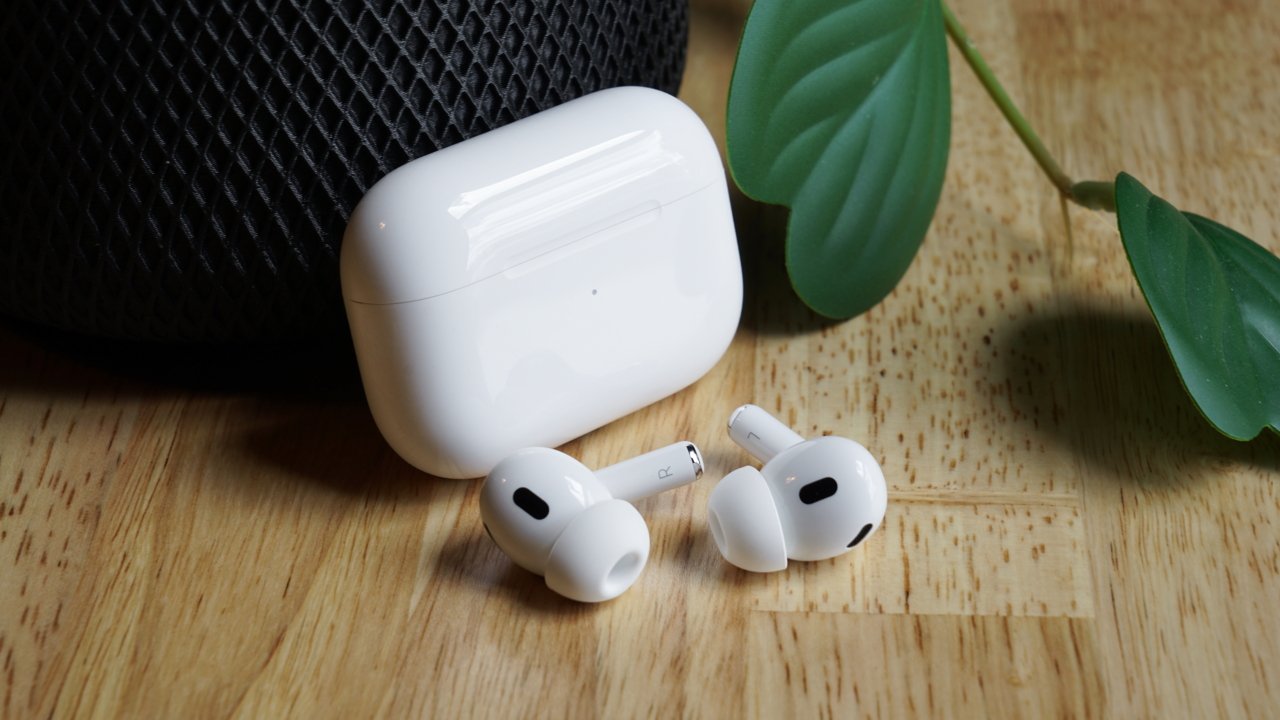最近補聴器の購入を検討されている方にとって、まず頭に浮かぶ疑問の一つは「補聴器の価格はいくら?」でしょう。補聴器の価格は、技術、ブランド、機器の種類によって大きく異なります。この記事では、市販の補聴器を含む補聴器の価格に影響を与える要因を探り、2025年時点の最新の価格帯を提示し、ニーズに合った手頃な価格の補聴器を見つけるためのヒントをご紹介します。
🚀 この投稿をナビゲート
以下もご興味があるかもしれません:
パート 1: 補聴器の価格は何によって決まるのでしょうか?
補聴器の価格にはいくつかの要素が影響します。これらを理解することで、購入時に十分な情報に基づいた決定を下すことができます。
1. テクノロジー
補聴器には様々な機能が搭載されており、技術が高度になるほど価格も高くなります。ベーシックモデルは通常、標準的な増幅機能とノイズ低減機能を備えていますが、上級モデルにはBluetooth接続、AIによる音質調整、様々な環境に合わせたカスタマイズプログラムなどが搭載されている場合があります。
- ベーシックモデルとアドバンスモデル:ベーシック補聴器は一般的に手頃な価格ですが、 Bluetooth 補聴器の価格や AI サウンド処理などの機能を備えたプレミアムモデルはコストが上がる可能性があります。
2. 補聴器の種類
補聴器には、難聴の程度、快適さ、ライフスタイルの好みに合わせて様々なスタイルがあります。主なタイプと価格への影響について、以下にまとめました。
3. ブランドと保証
ブランドの評判と提供される保証の種類も、価格設定に大きな影響を与えます。有名ブランドは、品質、顧客サポート、最先端技術の研究に対する評判が高いため、価格が高くなる場合があります。修理や交換をカバーする延長保証は、価格が上がる可能性がありますが、長期的には節約につながる可能性があります。

Diamond X1 - Bluetooth搭載の最高の補聴器
新人価格
249.99ドル309.99ドル
- ✔ クリアな聴覚を実現するアダプティブサウンド モード。
- ✔ 通話とストリーミング用の Bluetooth。
- ✔ アプリ制御のカスタマイズ可能な調整。
- ✔ 充電可能で急速充電。
- ✔ 軽度から中程度の難聴に最適です。
パート2:2025年の補聴器の平均価格
では、2025年には補聴器にどれくらいの費用がかかると予想されますか? 低価格モデルを選ぶか、プレミアムモデルを選ぶかによって、価格は大きく異なります。 2025年の補聴器の平均価格を見る際には、従来型の補聴器と市販の補聴器の価格差を理解することも重要です。
1. 処方箋補聴器
処方箋が必要な補聴器は、多くの場合、聴覚専門医によるフィッティングが必要です。モデルや機能によって、1組あたり1,000ドルから6,000ドルの範囲です。これらの補聴器は通常、個々の聴覚ニーズに合わせてカスタマイズされますが、費用には機器本体だけでなく、以下のような継続的なサービスも含まれます。
- 聴力検査
- カスタムフィッティング
- フォローアップ調整
従来の補聴器はカスタマイズ性に優れているため、重度の難聴の人に最適です。

2. 市販の補聴器
市販の補聴器は、 200ドルから1,000ドルの価格帯で、より人気が高まり、手頃な価格の選択肢になりつつあります。これらの補聴器は、軽度から中等度の難聴の方向けに設計されており、聴覚専門医の診察を受ける必要がないため、はるかに手頃です。ただし、従来の補聴器が備えている高度な機能の一部が欠けている場合があります。
従来の補聴器にはよりパーソナライズされたサービスが付属していますが、 OTC 補聴器の価格は、よりシンプルな聴覚ニーズを持つ人々にとって競争力があり、予算に優しいままです。
パート3:補聴器の隠れたコスト
補聴器の初期費用は重要な考慮事項ですが、時間の経過とともに発生する可能性のある隠れたコストも考慮する必要があります。
1. メンテナンスと修理:どちらのタイプの補聴器も定期的なメンテナンスが必要ですが、従来型の補聴器は専門家によるサービスが必要になる場合が多くあります。クリーニング、調整、修理のために聴覚専門医の予約が必要になる場合があり、長期的には多額の費用が発生する可能性があります。一方、 OTC補聴器はユーザーが自分でメンテナンスを行えるため、サービス料金を削減または免除し、機器の維持管理をより細かく管理できます。
2. 交換部品:イヤーチップやフィルターなどの交換部品は、どちらのタイプの補聴器にも必要です。しかし、従来型の補聴器では交換に専門家の協力が必要になることが多く、追加料金が発生する場合があります。OTC補聴器では、ユーザーが部品を直接購入し、自分で交換できるため、通常は低コストです。
3. 電池コスト:従来の補聴器の多くは使い捨て電池を使用しているため、頻繁に交換する必要があり、継続的なコストが発生します。一方、市販の補聴器の多くは充電式電池を採用しており、長期的には電池関連の費用を大幅に削減できます。
4. 専門家によるサポート:従来の補聴器には通常、フィッティングやアフターケアのための聴覚専門家によるサポートが付属していますが、特に複数回の通院が必要な場合は、追加費用が発生する可能性があります。OTC補聴器はセットアップと調整が簡単で、ユーザーが専門家の頻繁なサポートを受けることなく、ご自身で聴覚ニーズを管理できます。
まとめると、処方箋補聴器と市販補聴器はそれぞれ独自のコストがかかりますが、従来型補聴器には隠れたコストがかなりかかる場合があります。市販補聴器は、こうしたコストを最小限に抑えるだけでなく、ユーザーがより自立して、手頃な価格で聴覚の健康管理を行えるようにします。
パート 4: 高価な補聴器は価値があるのか?
プレミアム補聴器にお金をかける価値があるかどうか、という質問がよくあります。その答えは、個々のニーズと予算によって異なります。
- 1. 音質:高級補聴器は、バックグラウンドノイズ低減、自動サウンド調整、Bluetooth 経由の音楽や通話のストリーミング機能など、優れた音質を提供することがよくあります。
- 2. 快適性とフィット感:高価なモデルは、特に耳かけ型(ITE)補聴器において、より優れた、よりカスタマイズされたフィット感を提供する場合があります。カスタム成形オプションにより、より長く快適にフィットし、快適な装着感を実現します。
- 3. テクノロジー:環境に適応する AI アルゴリズムなどの最新の聴覚テクノロジーが必要な場合は、価格が高くても正当化できるかもしれません。
しかし、基本的な聴覚ニーズがあれば、低価格の補聴器でも十分かもしれません。重要なのは、機能と価格のバランスが取れた補聴器を選ぶことです。 最適なBluetooth補聴器を選ぶ際に考慮すべき機能について、さらに詳しくご紹介します。
パート5:予算に合った最適な補聴器を見つける
幸いなことに、品質を犠牲にすることなく手頃な価格の補聴器を見つける方法があります。
- 1. 市販の補聴器を検討する:前述の通り、市販の補聴器は、軽度から中等度の難聴の方にとって、より手頃な価格の選択肢となります。処方箋は不要で、従来の補聴器よりも大幅に安価であることが多いです。
- 2. プロモーションや割引を探す:多くの補聴器販売店は、年間を通して特別なプロモーションを提供しています。 2025年の補聴器の最安値を問い合わせたり、オンラインマーケットプレイスで割引商品を探したりすることもできます。
- 3. いろいろ比較する:様々なブランドや小売店の価格を比較することをためらわないでください。競争力のある価格設定に加え、送料無料、延長保証、お試し期間などの特典を提供しているオンラインストアもあります。
時間をかけてリサーチし、選択肢を検討することで、予算を気にすることなく、あなたの聴覚ニーズを満たす手頃な価格の補聴器を見つけることができます。 補聴器の必需品については、まだまだ学ぶべきことがたくさんあります。
この時点では、品質だけでなく価格も重視するブランドを選ぶことが重要です。Cearvol はまさにこの理念に基づいて設計されています。Bluetooth接続などの先進技術と、誰もが聴覚の健康を享受できる価格帯を兼ね備えています。Cearvolは、クリアな音質、長持ちするバッテリー、そして快適な装着感を実現するよう設計された補聴器です。しかも、高価な専門家による調整は不要です。日常会話を聞き取る時も、メディアを直接耳にストリーミングする時も、Cearvolならどんな瞬間も逃さず、しかも予算内でスムーズに聴こえます。
結論
補聴器の価格は、種類、技術、ブランドによって大きく異なります。高級補聴器は高度な機能と優れた音質を提供しますが、市販の補聴器など、低価格で優れた性能を提供する手頃な選択肢も数多くあります。購入を決める際には、初期費用と隠れた費用の両方を考慮し、2025年に補聴器を最安値で購入できるよう、常にプロモーション情報をチェックしましょう。
自分のニーズと選択肢を慎重に評価することで、予算に合った、生活の質を向上させる補聴器を見つけることができます。





コメントを書く
全てのコメントは、掲載前にモデレートされます
このサイトはhCaptchaによって保護されており、hCaptchaプライバシーポリシーおよび利用規約が適用されます。